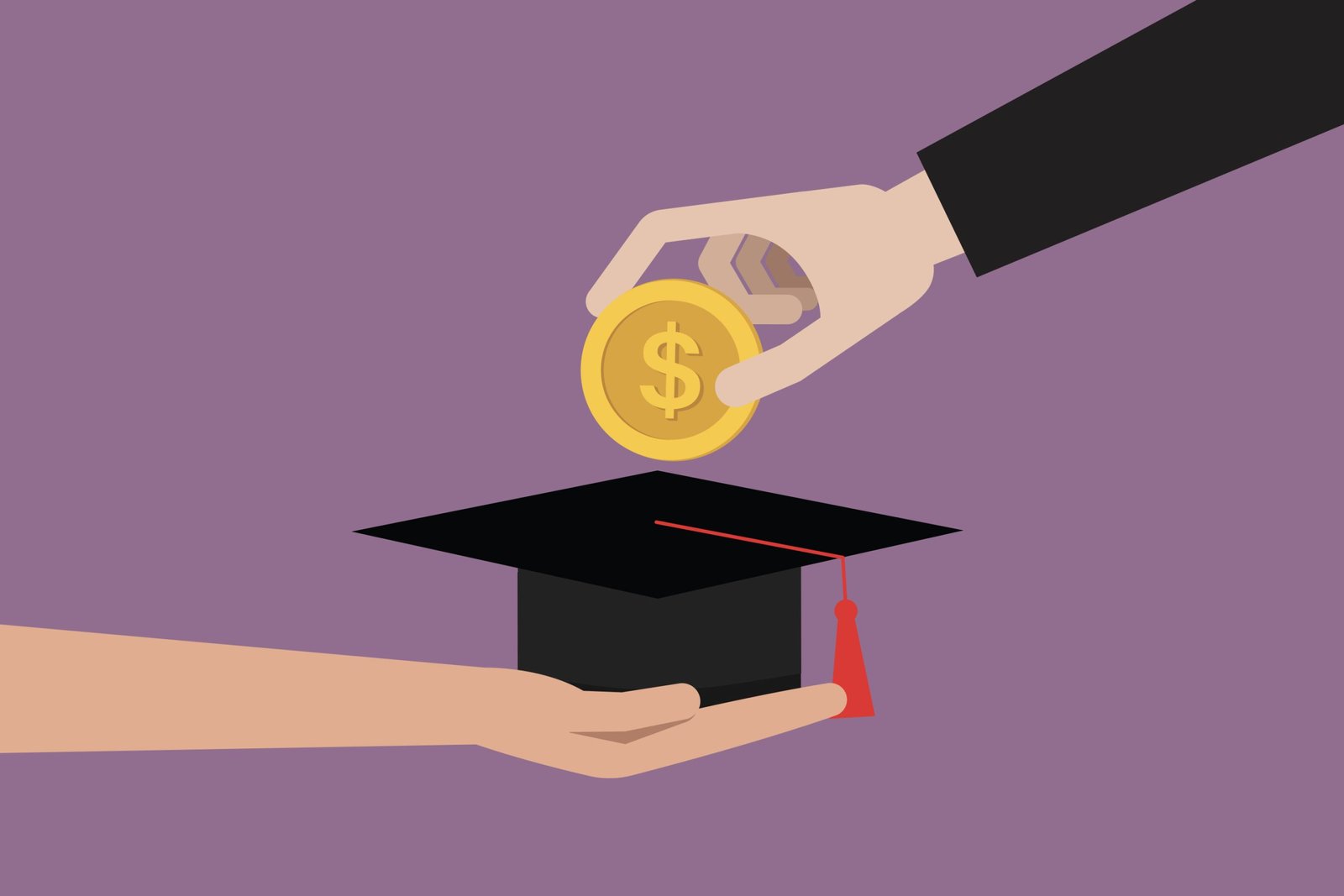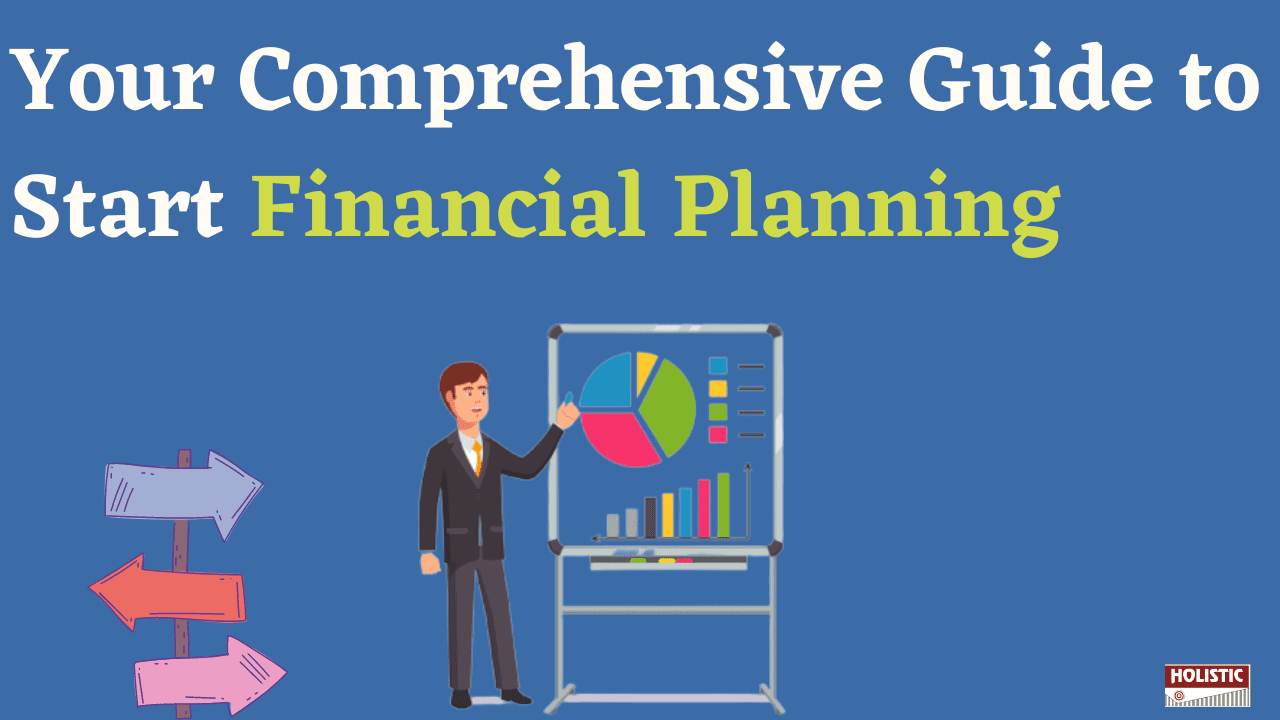Your Comprehensive Guide to 2024 Student Loans
Student loans have become an integral part of pursuing higher education for millions of individuals. As we approach 2024, it’s crucial to understand how student loans work, the types available, interest rates, eligibility, repayment options, and the impact on your financial future. This comprehensive guide will provide you with all the essential information you need to navigate the world of student loans.

Types of Student Loans
Federal Student Loans
Federal student loans are issued by the U.S. Department of Education and are known for their borrower-friendly terms. They include Direct Subsidized Loans, Direct Unsubsidized Loans, and Direct PLUS Loans. These loans often come with fixed interest rates, making it easier to plan your finances.
Private Student Loans
Private student loans are offered by banks, credit unions, and other private lenders. They usually have variable interest rates and may require a credit check or a co-signer. Private loans can be helpful when federal loans don’t cover the full cost of education.
Interest Rates and Terms
Fixed Interest Rates
Fixed interest rates remain constant throughout the life of the loan. This predictability can be advantageous, as you won’t be subject to market fluctuations.
Variable Interest Rates
Variable interest rates can change over time, based on market conditions. While they may start lower than fixed rates, they could increase, impacting your monthly payments.
Loan Repayment Terms
Understanding your loan repayment terms is essential. Most federal loans offer flexible options, including income-driven repayment plans that adjust your monthly payments based on your income and family size.

FAFSA and Eligibility
To access federal student loans and many other forms of financial aid, you must complete the Free Application for Federal Student Aid (FAFSA). Eligibility is determined by your financial need, which is assessed through the FAFSA process.
Loan Forgiveness and Repayment Plans
Income-Driven Repayment
Income-Driven Repayment plans cap your loan payments at a percentage of your discretionary income, providing relief for borrowers facing financial challenges.
Public Service Loan Forgiveness
For those pursuing careers in public service, the Public Service Loan Forgiveness program forgives federal student loans after ten years of qualifying payments.Your Comprehensive Guide to 2024 Student Loans
Loan Consolidation
Loan consolidation allows you to combine multiple federal student loans into one, simplifying your payments and potentially reducing your interest rate.Your Comprehensive Guide to 2024 Student Loans

The Impact of Student Loans on Credit
Student loans can significantly impact your credit score. Timely payments can positively affect your credit, while delinquencies or defaults can harm it. Understanding this connection is crucial for maintaining good credit.Your Comprehensive Guide to 2024 Student Loans
Tips for Managing Student Loans
Budgeting
Create a budget that includes your student loan payments, ensuring you can meet your financial obligations.Your Comprehensive Guide to 2024 Student Loans
Paying More Than the Minimum
Paying more than the minimum monthly payment can help you pay off your loans faster and reduce the total interest paid.Your Comprehensive Guide to 2024 Student Loans
Loan Refinancing
Refinancing can be an option to secure a lower interest rate, especially for those with good credit and stable income.Your Comprehensive Guide to 2024 Student Loans
Seeking Financial Assistance
If you face financial hardship, explore assistance programs or deferment options to temporarily halt your loan payments.Your Comprehensive Guide to 2024 Student Loans

Preparing for Loan Repayment
As you approach the end of your studies, it’s crucial to prepare for loan repayment. Understand your loan terms and have a plan in place to ensure a smooth transition to post-graduation life.Your Comprehensive Guide to 2024 Student Loans
Conclusion (Your Comprehensive Guide to 2024 Student Loans)
Student loans are a common tool for achieving educational dreams. Understanding the different types, interest rates, eligibility, and repayment options is essential. Proper management of your loans can help you navigate the path to financial success while enjoying the benefits of higher education.Your Comprehensive Guide to 2024 Student Loans
FAQs (Your Comprehensive Guide to 2024 Student Loans)
- What is the difference between federal and private student loans?
- Federal student loans are government-funded and typically offer more favorable terms, while private loans are provided by private lenders and may have variable interest rates.Your Comprehensive Guide to 2024 Student Loans
- How does income-driven repayment work, and is it suitable for me?
- Income-driven repayment plans adjust your monthly loan payments based on your income and family size. They are beneficial for borrowers with varying financial situations.Your Comprehensive Guide to 2024 Student Loans
- Can student loans be consolidated, and should I consider consolidation?
- Yes, federal student loans can be consolidated to simplify payments and potentially reduce interest rates. Consolidation is worth considering.Your Comprehensive Guide to 2024 Student Loans
- What is the impact of student loans on my credit score?
- Timely payments can positively affect your credit score, while delinquencies or defaults can have a negative impact.Your Comprehensive Guide to 2024 Student Loans
- How can I prepare for student loan repayment before I graduate?
- To prepare for loan repayment, understand your loan terms, create a budget, and have a plan in place to ensure a smooth transition to post-graduation life.Your Comprehensive Guide to 2024 Student Loans
This comprehensive guide provides you with the knowledge you need to make informed decisions regarding your student loans in 2024 and beyond.Your Comprehensive Guide to 2024 Student Loans









